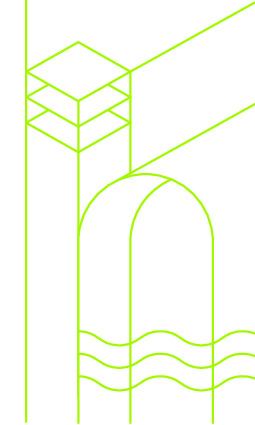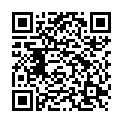|
|
|
| Module code: BIMA192 |
|
|
4VU (4 hours per week) |
|
6 |
| Semester: 1 |
| Mandatory course: no |
Language of instruction:
German |
Assessment:
Written exam
[updated 28.09.2020]
|
BIMA192 (P110-0092) Civil and structural engineering, Master, ASPO 01.10.2017
, semester 1, optional course
|
60 class hours (= 45 clock hours) over a 15-week period.
The total student study time is 180 hours (equivalent to 6 ECTS credits).
There are therefore 135 hours available for class preparation and follow-up work and exam preparation.
|
Recommended prerequisites (modules):
None.
|
Recommended as prerequisite for:
|
Module coordinator:
Prof. Dr. Markus Enders-Comberg |
Lecturer:
Dipl.-Ing. Berthold Tielkes
Prof. Dr.-Ing. Ingrid Düsing
[updated 02.11.2020]
|
Learning outcomes:
After successfully completing this module, students will:
_ have basic theoretical knowledge in welding and joining technology.
_ be able to solve welding and other related problems in a production plant independently.
_ be familiar with the control of the different welding processes.
_ be familiar with the difficulties and typical errors that can occur when the various welding processes are carried out incorrectly.
_ obtain the qualification as a welding engineer.
[updated 28.09.2020]
|
Module content:
_ Welding processes and equipment
_ Materials and their behavior during welding
_ Construction and design
_ Production and application technology
[updated 28.09.2020]
|
Teaching methods/Media:
_ The lecture and seminar will be supported by practical examples and virtual applications.
[updated 28.09.2020]
|
Recommended or required reading:
_ Seminar documents from the SLV (Schweißtechnische Lehr- und Versuchsanstalt)
_ Lecture materials from Prof. Dr. Düsing
_ International and European standards for quality assurance in fusion welding
_ Product-related regulations (e.g. for railway structures, construction products, pressure equipment and systems, shipbuilding, gas and water installations, defense products, aerospace technology)
[updated 28.09.2020]
|


